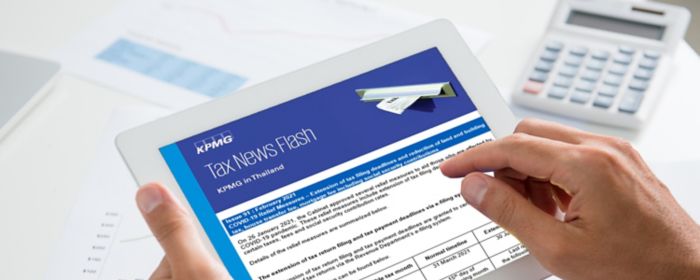Background
In order to prevent any harm that may be caused to the peace and security of the global community, many developed countries are trying to encourage other countries to enact effective export control measures for materials or technology that could be used to develop weapons of mass destruction (“WMDs”). Thus, goods, software, and technology – known as Dual-Use Items (“DUIs”) – that can be used for both civilian and military applications and/or that can contribute to an increase in WMDs are subject to increasing levels of controls under each country’s domestic export laws.
TCWMD Act and Catch-All Control measure
In August 2004 the Thai cabinet endorsed United Nations Security Council Resolution 1540 (“UNSCR 1540”), and, following the adoption of this Resolution, the Thai government considered formulating a national export control law. In 2018, the Ministry of Commerce (“MoC”) issued a first notification to formally announce its DUIs List (“List 1”) and Designated HS code List (“List 2”) but it was not implemented at that time. The Trade Controls on Weapons of Mass Destruction Act (“TCWMD Act”) has been effective since 1 January 2020 to replace the first MoC notification. It is now Thailand’s main export control regulation on dual-use and military items. The TCWMD Act authorizes the MoC to establish measures to supervise goods related to the increase in WMDs and controls activities which are exports, re-exports, transit, transshipments and brokerage.
Under the TCWMD Act, the MoC has just announced a draft notification to control goods related to WMDs (the “Draft Notification”), which will be effective from the end of 2021. Under the Draft Notification, the Department of Foreign Trade (the “DFT”) will be authorized to employ a Catch-All Control (“CAC”) which can be applied to exports, re-exports, transit, transshipments and technology and software transfer of DUIs that may constitute a risk to international peace and security.
If the DFT is informed by relevant government agencies (consisting of 15 agencies) that there is a considerable risk, and that the DUIs in question may be used for the development, manufacturing, usage, or storage of WMDs, then the DFT will be authorized to investigate the case and apply the CAC measures. The DFT will have the power to block any shipment of DUIs that will be delivered to a high-risk end user if the shipment of DUIs is classified as risky and requiring control and will be able to block all activities in relation to such DUIs.
If the exporters do not comply with the CAC measure under TCWMD Act, they shall be liable to an imprisonment for a term not exceeding two years or a fine not exceeding two hundred thousand baht or both. In the event that the exporters perform the activities with an intention to brings to goods to design, develop, manufacture, use, modify, store, or transport of WMDs, they shall be liable to an imprisonment for a term not exceeding ten years or a fine not exceeding one million baht or both and the goods shall be forfeited. In addition, the Customs may accuse the exporters of avoiding restrictions or prohibitions of exported products under Section 244 of the Customs Act B.E. 2560. The exporters shall be liable to an imprisonment for a term not exceeding ten years or a fine not exceeding five hundred thousand baht or both. The court may order to forfeit such goods.
The TCWMD Act does not supersede any export control laws supervised by other Thai government agencies. If the exporters do not comply with laws enforced by other government agencies, it can still be penalized by those agencies.
Internal Compliance Program
The Draft Notification also includes an Internal Compliance Program (“ICP”) which is an internal control measure required to monitor compliance with export control legislation. The ICP is not a mandatory program for all exporters. If an exporter is certified with ICP status, it will be considered credible and privileged when being investigated by the DFT.
In order to implement the ICP and facilitate the TCWMD Act, the DFT has also recently announced a notification approving the ICP in relation to the TCWMD Act of B.E. 2564, effective from 6 September 2021 onwards. This regulation will act as a guideline for exporters in Thailand to understand the internal compliance program.
The ICP consists of six elements which are:
- responsibility and resources for implementing ICP procedures;
- screening processes;
- training;
- record keeping;
- auditing; and
- reporting and corrective action.
Approval from the ICP will be classed on one of three levels – good, very good, or perfect – depending on the number of elements that the exporters can show compliance with.
As the ICP is not a mandatory program, there is no penalty mentioned in the regulation for non-compliance. However, an ICP certified exporters will be considered credible and privileged when investigated by the DFT or authorities in importing countries. So, there should be an advantage to obtaining ICP approval at an early date.
If you have any queries or need our assistance with the implementation of ICP measures, please do not hesitate to contact KPMG Thailand’s Trade & Customs team.
Connect with us
- Find office locations kpmg.findOfficeLocations
- kpmg.emailUs
- Social media @ KPMG kpmg.socialMedia



